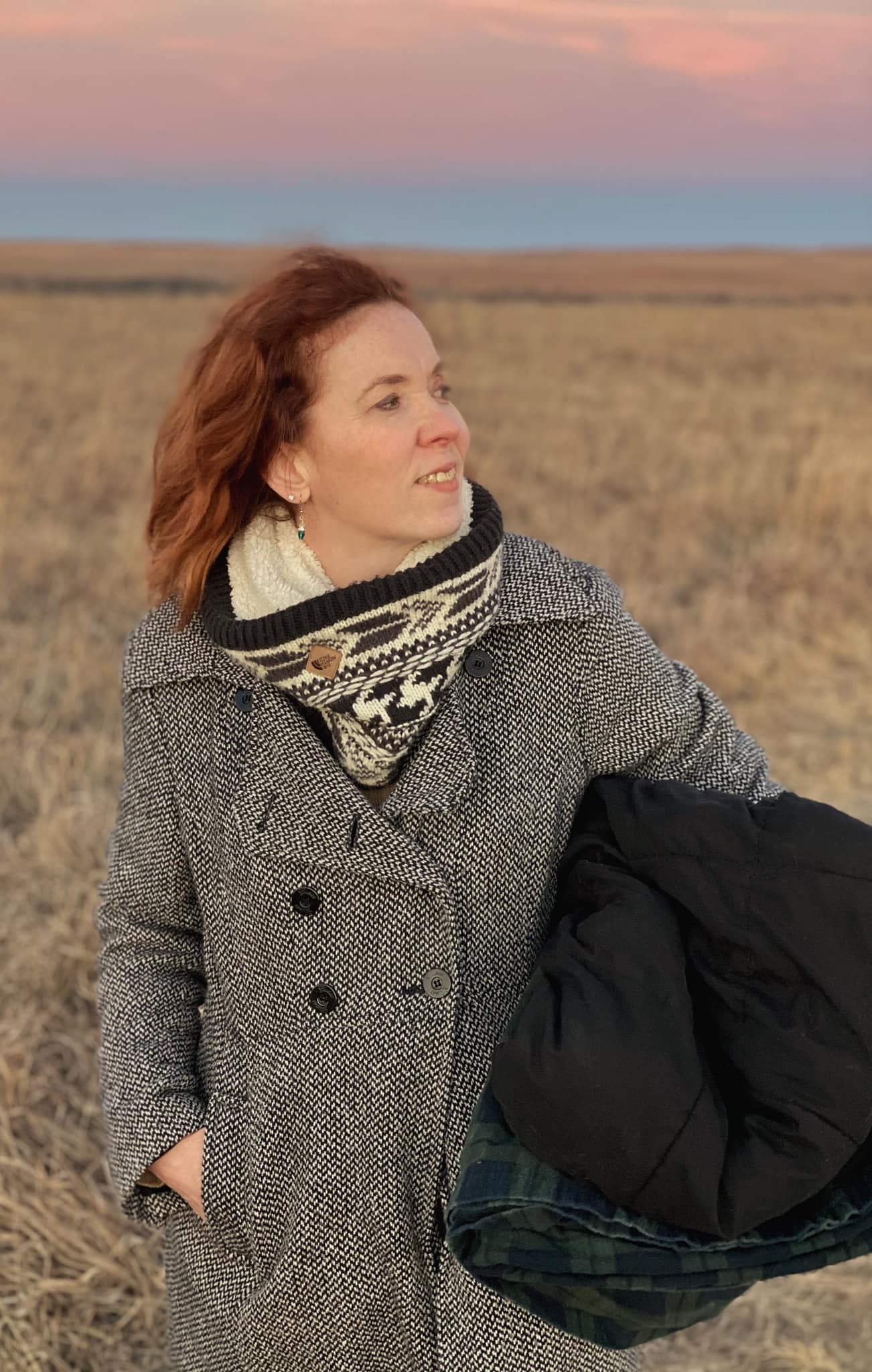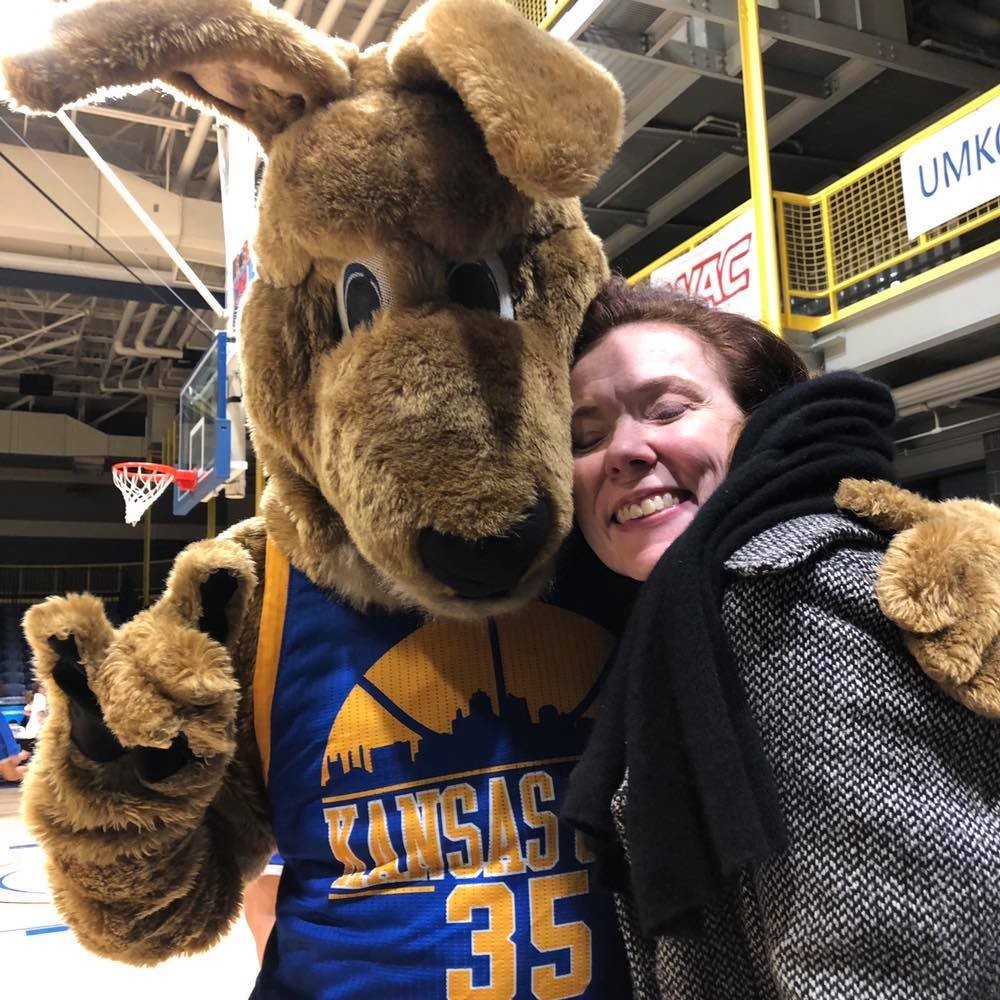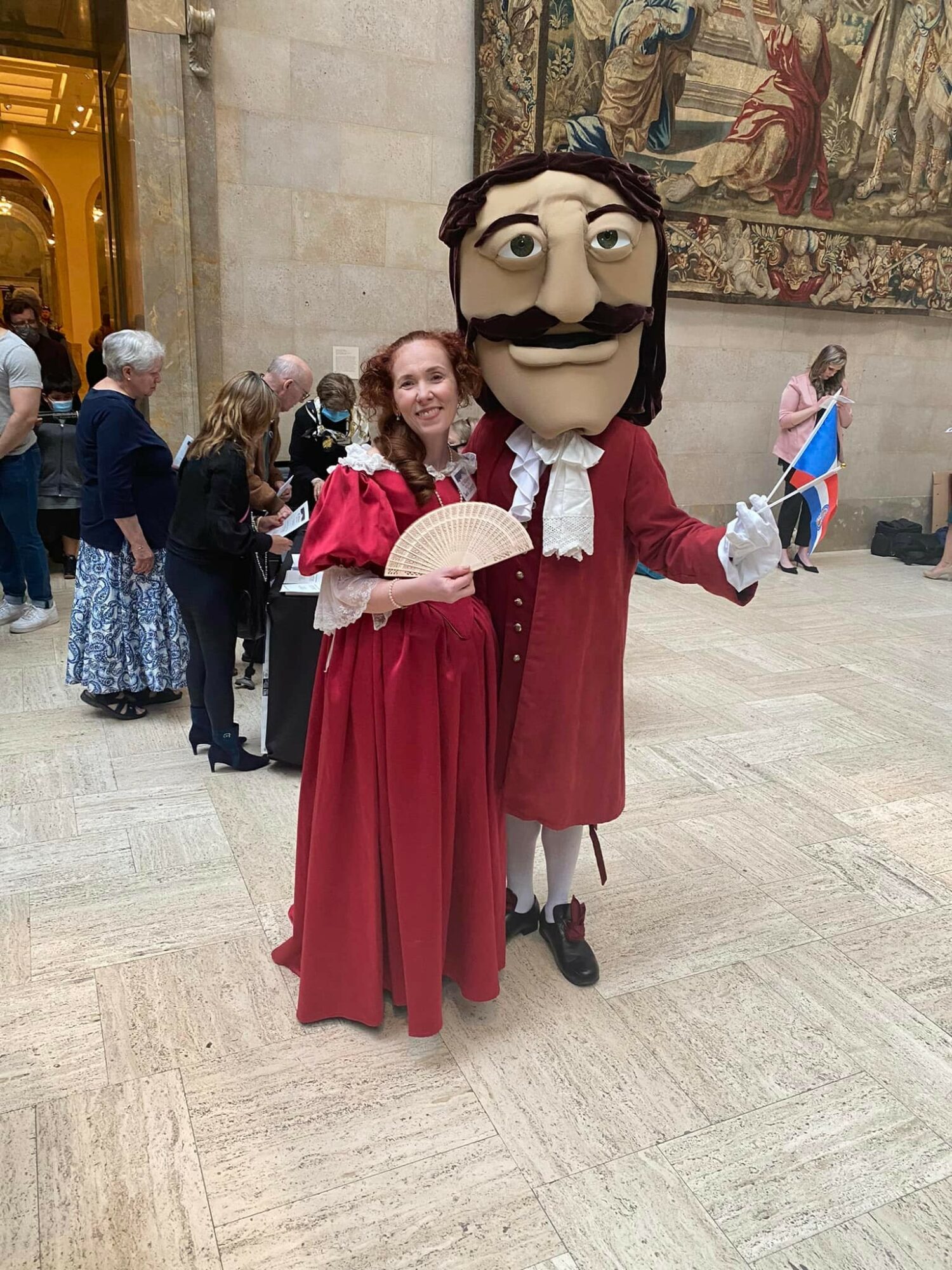

Today we’d like to introduce you to Chantal Roberts.
Hi Chantal, we’d love for you to start by introducing yourself.
As most adjusters, I never intended to become one. My father was the manager of a body shop for semi-tractor trailers. Field appraisers would be tasked with writing an estimate for the damage, but more and more they began to rely on my father to help them due to the specialty of the type of truck or extent of the damage.
My dad obtained a reputation for writing a good, tight sheet—meaning he wrote an estimate of damages that was neither too fat on profits for him and the shop nor too lean so that there would be many additional checks due to undiscovered damages. He discovered he needed a license to do this type of work; he took the adjuster license exam, and became an adjuster.
Due to a variety of reasons, he left the shop and began his own independent adjusting firm. His reputation spread as desk adjusters shared his competence, fairness, and objectivity. He worked long hours, which is where I come in.
I was in high school by this time listening to him take recorded statements of truck drivers at 9pm because that’s when they finished driving. Or we would stop on the way home after one of my sports games because he had to take a photo of an intersection. Because I was a teenager, all of this was too embarrassing by far, and I resolved to never become an adjuster. It was boring; he was boring; insurance was boring.
Fast forward to a dead-end job in my early 20s when Dad approached me about being an adjuster for Liberty Mutual. He had a friend who was the claims manager in the Irving, Texas office. Dad said, “You have the personality to be an adjuster.”
I went on the interview to shut him up. I wasn’t going into insurance. Insurance was boring.
They offered nearly twice what I was making at the dead-end job and promised to challenge me. I took the job.
I distinctly remember my third day on the job; I was still reading the Standard Operating Procedure manual (in the days before the intranet, this was printed off). The concept of insurance washed over me: we had the money people needed. We were able to help people—our insureds or claimants—get their lives back together after an accident.
And that’s not boring. That’s fascinating, exciting, and fun.
So, by the third day, I was hooked into this industry.
I, naturally, think the claims department is the best part of the industry. I know every other person thinks his or her section of the scheme is the best, but I wrote in my book, The Art of Adjusting: Writing Down the Unwritten Rules of Claims Handling, adjusters are the tatted-up, motorcycle-riding, leather-jacket-wearing, outcasts of the insurance industry. We’re the first ones whose department experiences a hiring freeze; we’re the ones who have double the amount of work on us because of said hiring freeze. But we are the promise keepers.
The policy the agents sell is the promise. The underwriters frame the promise. The compliance people make sure everyone is keeping the promise in metrics and figures.
None of them keep the promise. That’s the adjusters’ job.
Sometimes keeping that promise means denying a claim, which insureds and claimants don’t understand, but that, too, is the promise.
The promise is the policy pays for covered losses.
You have to have the right personality to be strong enough to tell someone, “I know you think we broke a promise, but we haven’t.” Or “We promised to help you. Here’s the money to get you back to rights.”
I’m now a consultant, speaker, educator, author, and part-time expert witness for insurance claims handling standards, practices, and procedures. During the pandemic, because my work had slowed down, I wrote a book geared towards mid-career adjusters.
Because I couldn’t find a publisher to print my book, I started my own publishing company, which I set up as an actual independent company because I didn’t wan’t this to be seen as some sort of vanity printing (even if it was). I called my publishing company Tilting At Windmills Press, because it sounds better than Soapbox Press.
I attempt to engage these mid-career adjusters and laypeople through social media (Instagram, Facebook, TikTok) since that is where most of them are.
Can you talk to us about the challenges and lessons you’ve learned along the way? Looking back would you say it’s been easy or smooth in retrospect?
No, no road is ever smooth.
I was a co-owner of the business my dad started with my father and two other gentlemen when we received an offer to buy the company. Due to a disagreement, I was bought out by my father and the two other Board members, and my husband and I moved to Overland Park because it is half-way to his parents in Iowa and half-way to his children, who are still in Arkansas. I was devastated since I very much identified as an adjuster. It was such a part of me I felt that I could not cope, and I didn’t know who I was if I wasn’t an adjuster. I began my company CMR Consulting, which owns, The Art of Adjusting, because I also couldn’t go back to being a front-line adjuster in a corporation who valued profit over doing things the correct way. I was in limbo. It’s taken me about 4 years to get to a good place mentally, and I still have my bad days, but it is getting better.
Thanks – so what else should our readers know about CMR Consulting/The Art of Adjusting?
You contacted me via The Art of Adjusting (TM) which is a book I wrote. As I mentioned previously, I speak and have several social media accounts via The Art of Adjusting (TM) since I like being an educator. When I was a claims manager, I enjoyed teaching insurance to my adjusters. I was recently hired as an adjunct professor for BMCC–CUNY (Burrough of Manhattan Community College–City University of New York) to teach an insurance principals class, and I have really fallen in love with teaching.
I also like speaking. I am one of those odd introverts that are rather quiet until you get to know me, or unless you put me on stage. Then I like to ham it up. So many people think insurance is boring (like I did once), so I like to try to get people to recognize it’s not. But it’s also not a blank check to get whatever you want.
I prefer speaking and teaching to doing expert witness work, which is when I’m hired by attorneys to review claims files and attempt to determine if there have been any violations of the unfair claims handling practices acts in various states. I’d like insurers to know they can retain me to teach their claims staff good-faith claims handling; I’d like universities to know they can hire me to teach their risk management and insurance classes. I’d like everyday people to know they can watch my social media and (hopefully) learn a little about what an adjuster’s job is and understand more about their policy.
I am in the process of writing a book for laypeople to help them understand their insurance policy and the claims process. It won’t be like other books in which I will promise the consumer I can teach them how to get more money from their carrier. The only thing I have is my integrity. So I hope I can become a trusted source of information for everyone when it comes to insurance claims.
Also, just to add a bit of fun for your readers, I speak and write often on marijuana (or cannabis– but I have issues with the word “cannabis” for marijuana, but it’s insurance related!) If people want to hire me to speak or consult about marijuana issues, I’m happy to do that, too.
Can you tell us more about what you were like growing up?
I like myself a lot more as an adult. As an adult, I can eat cake for breakfast if I want to.
I was raised to get my work done first before playing, and that work ethic is still with me today. It means I can’t relax until all my chores are done (and when are chores ever done?).
I was an only child and raised about 30 minutes outside Little Rock, AR. There weren’t many children for me to play with around my house. I had an active imagination. I’ve always been interested in French and travel.
Contact Info:
- Website: https://www.theartofadjusting.com/, https://www.cmrconsulting.net/
- Email Address: [email protected]
- Instagram: @kcmroberts
- Facebook: @theartofadjusting
- Youtube: https://www.youtube.com/channel/UCUurD1GHlmziunplS5V3baw
- Other: https://www.cmrconsulting.net/, https://www.linkedin.com/company/cmr-consulting-corporation/
![]()

















